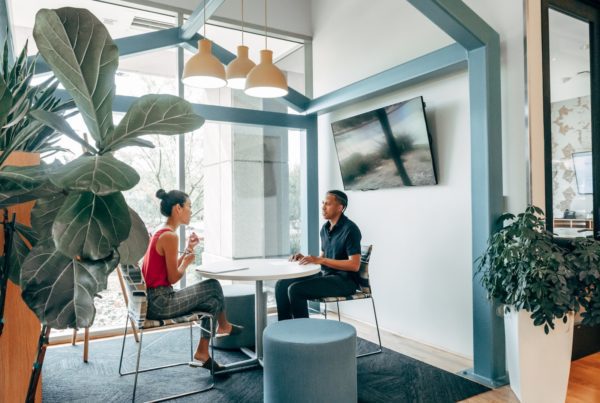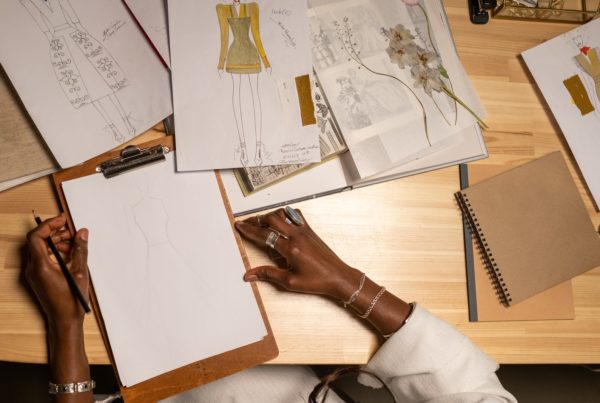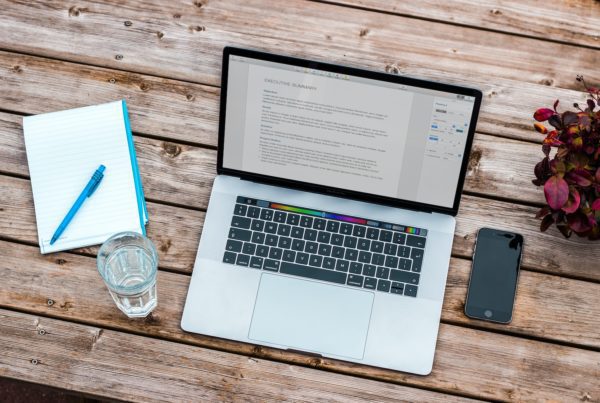As the old saying goes, “Fail to prepare, prepare to fail.” This couldn’t be truer when it comes to job interviews. If you want to increase your chances of getting the job, it’s essential to put in the time and effort to prepare. In this article, we’ll go over eight key steps to help you get ready for your next job interview.
Research the company
Before you even get to the interview, take the time and make sure you research the company. Start by visiting the company’s website and reading about their products, services, mission, and values. This will give you a good understanding of what the company does and what it stands for. It will also help you tailor your responses to the employer’s needs and expectations and the hiring manager’s questions.
Also look into the company’s competitors to get a sense of the challenges and opportunities facing the company, as well as how it compares to other companies in the sector. This information will be useful when the interviewer asks about your knowledge of the industry or your reasons for wanting to work for the company.
If the company has physical, retail stores. Make sure to visit them to learn even more about the product and services. This can also help you think about any opportunities you might be able to present to them in your interview.
It may seem intuitive, but ensure you know your CV inside and out and be prepared to answer questions about your CV, especially if you have recently updated it. If there are any gaps in your work history, make sure you know how to explain these.
Review the job description and requirements
It’s essential that you review the job description and requirements thoroughly. Make a list of the skills and experience requirements in the description and think about how your skills and experiences align with them. Be prepared to provide specific examples of how you have demonstrated those skills in past jobs.
Practice common interview questions
Although you’re likely to be asked questions specific to the role, there are many common interview questions that you can prepare for. These might include questions about your work experience, your strengths and weaknesses, your goals, and aspirations, and your fit for the company and the role. Take a look at our guide “Common Questions to Expect in an Interview” for more on this.
Consider asking a friend or family member to do a practice interview with you. This will help you feel more confident and give you an opportunity to get feedback on your responses.
Make a list of questions
Remember, the company isn’t just interviewing you, you’re also interviewing them as your new place of work for the foreseeable future, so it’s important to prepare a list of questions to ask the interviewer about the role, company, and the teams you might be interacting with. This will show that you are interested in the opportunity and have done your research.
Avoid asking about salary, benefits, and vacation time until the employer has made an offer. These topics are better suited for later in the process, unless you’re going via a recruitment agency, as they will often be able to provide some details around these early on.
Dress appropriately
Your appearance is important in making a good impression in interviews, and it’s essential to dress appropriately for the company, even if the interview is online. Try to find out what the company’s dress code is or ask the recruiter for guidance on what to wear. In general, it’s best to dress smart but bear in mind, for roles in the fashion industry, this can be more casual than in less creative sectors.
For creative roles and creative brands, expressing your personality through your style can even be an essential part of the interview; showing off your eye for fashion and awareness of the company’s place in the industry. However, some factors are more general, such as dressing clean and tidy, and avoiding wearing too much perfume or cologne, as this can be distracting or even offensive to some people.
Arrive on time
It goes without saying that you should arrive on time for your interview. Plan your route using Google Maps or City Mapper (in London) and allow extra time for traffic or other unexpected delays. Turn off your phone or set it to silent before the interview, as you don’t want to be interrupted by calls or notifications during the conversation.
Online Interviews
In today’s digital age, it’s increasingly common for interviews to take place online, whether through video platforms or phone calls. It’s important to treat these as professionally as a face-to-face interview.
Ensure to test the video service in advance so you’re confident in using it, and that the audio and video work correctly.
Make sure you can be seen clearly on video by setting up a professional and well-lit space for the interview. The background should be neat and clutter-free so the focus is not taken away from you.
Again, dress appropriately, even if the interviewer can’t see you from the waist down. You never know when you might need to stand up or move out of frame.
Pay attention to your body language and nonverbal communication. Make eye contact with the camera, and use facial expressions and gestures to show enthusiasm and engagement, as these can often be less acknowledged in online video.
Keep your phone and any other distractions out of sight and out of reach. You want to give the interviewer your full attention.
If you experience technical difficulties during the interview, stay calm and do your best to troubleshoot the issue. If all else fails, apologise, and ask if you can continue the interview by phone, email, or in person if possible.
In addition, here are a few tips to help you present yourself well during the interview
Show that you are attentive and engaged by sitting with a good posture. Sit up straight and avoid slouching or fidgeting.
Relax! It’s natural to feel nervous before an interview but try to relax as much as possible. Take deep breaths and remind yourself that you are well-prepared and have what it takes to succeed. Take a bottle of water to put next to you, or if offered, accept a glass of water. This will help you takes pauses and slow down from time to time.
Be friendly but professional. Smile, make eye contact, and use a firm handshake when you meet the interviewer. But remember, this is still a professional setting, so avoid being too casual or overly familiar.
Don’t rush your answers. Take your time to think about the questions and give thoughtful, well-articulated responses.
Speak slowly and clearly. This will help the interviewer understand you better and it is essential to pause to give them time to process your answers. Talking over the interviewer or not allowing them to respond will be off-putting.
Pause after answering a question. This gives the interviewer time to respond and allows for a natural back-and-forth conversation. It also gives you time to gather your thoughts and prepare for the next question.
Overall, preparing for a job interview will improve your confidence and help you feel more comfortable during the interview. Good preparation and research of the role and company will make you stand out as a candidate that is interested in and is a good fit for the position.
Taking your time to prepare the details, being punctual, dressing appropriately, and presenting yourself professionally will increase your chances of interview success.





